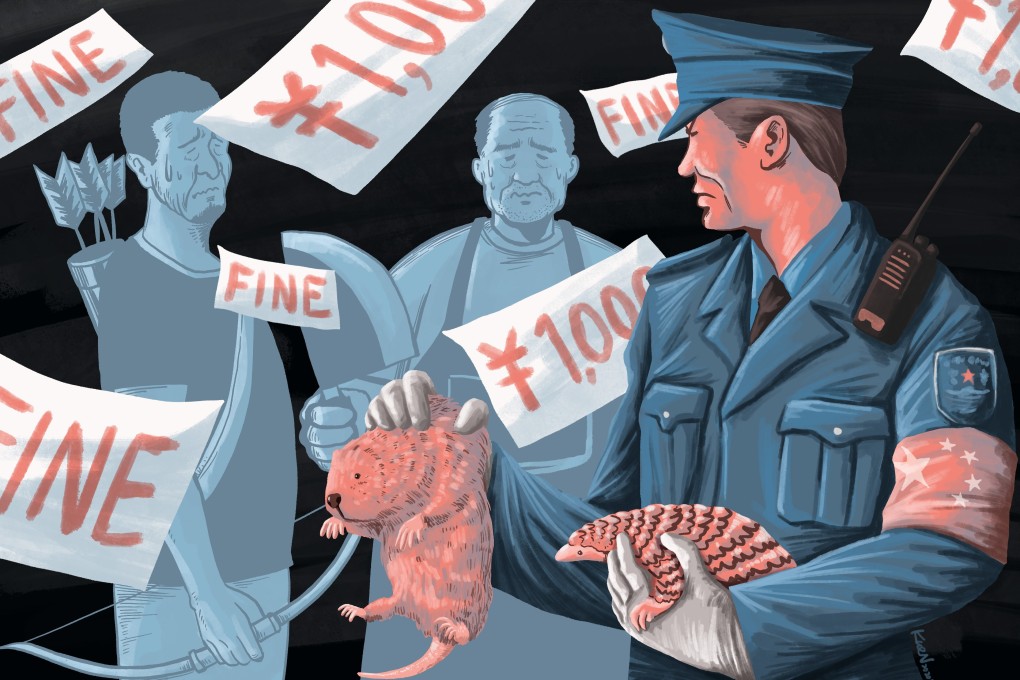Game over for China’s wildlife food trade, but does ban go far enough?
- A year after the new coronavirus emerged at a Wuhan market, Chinese exotic animal breeders are moving into new areas of demand
- Experts fear the same old problems of high-stress environments and extensive contact with humans remain

This is the 10th instalment of a series looking back at the effects of the coronavirus outbreak one year after it first emerged in the Chinese city of Wuhan. Here, we examine the consequences for China’s wildlife trade. Please support us on our mission to bring you quality journalism.
The Huanan seafood wholesale market – ground zero for the pandemic – remains closed. Before it was shut late last year, around 100 varieties of live animals and poultry were on sale there, including peacocks, wolf cubs and masked palm civets, according to a stallholder’s post on review and rating app Dazhong Dianping.

01:30
Coronavirus ground zero market still closed in Wuhan, China almost a year since start of pandemic
Exotic animals are off the menu in Wuhan, with no trace of them in the city’s other markets, in stark contrast to the brisk business in the trade before the outbreak. Vendors told the South China Morning Post they had become used to the frequent inspections, following a government ban.
“No more live animals. You can go to jail for that,” an eel vendor at Qiyimen market said.